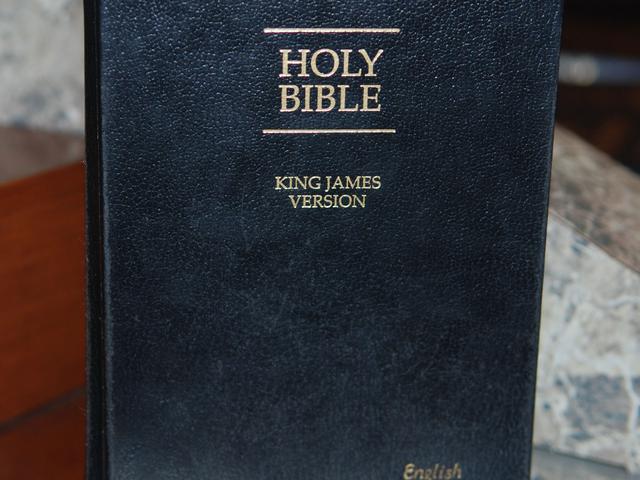The Historical Accuracy of the Bible

The Bible, an ancient and revered text, holds a unique place in the hearts and minds of billions of people around the world. For believers, it is the word of God, a guide to living a virtuous life, and a source of profound spiritual comfort. Beyond its religious significance, the Bible has also played a pivotal role in shaping history, literature, and culture. But how does it fare when subjected to the scrutiny of historical analysis? In this exploration, we’ll delve into the fascinating and often contentious debate surrounding the historical accuracy of the Bible.
The Complex Nature of Historical Accuracy
Before we dive into the specifics, it’s crucial to understand the complexities surrounding the concept of historical accuracy. Historical records from antiquity are often fragmentary, biased, or contradictory, making it challenging to validate events and figures with certainty. This is no different when it comes to the Bible, a collection of texts composed over centuries, spanning various genres, and reflecting different cultural contexts.
Archaeological Evidence
One of the primary ways to assess the historical accuracy of the Bible is through archaeological evidence. Over the years, numerous archaeological discoveries have shed light on biblical events and figures, providing a valuable framework for historical analysis. For example, the discovery of the Dead Sea Scrolls in the mid-20th century offered insights into the preservation and transmission of biblical texts.
Moreover, excavations in places like Jericho, where the Bible describes the fall of the city’s walls, have raised questions about the timeline and accuracy of these events. While some findings corroborate biblical accounts, others challenge their details. This mix of evidence highlights the complexity of assessing historical accuracy through archaeology.
Biblical Narrative vs. Historical Record
It’s important to recognize that the Bible serves multiple purposes. While it contains historical accounts, it is also a theological and moral guide, a work of literature, and a source of spiritual inspiration. This multifaceted nature makes it challenging to categorize all its content as a historical record.
For instance, the Bible’s creation narratives in Genesis have been interpreted in various ways. Some view them as literal accounts of the world’s origin, while others see them as allegorical stories meant to convey deeper truths. This diversity of interpretation illustrates the tension between historical accuracy and theological meaning within the Bible.
The Exodus and the Debate on Numbers
One of the most debated events in the Bible is the Exodus, the story of the Israelites’ liberation from slavery in Egypt. While the Exodus is a central narrative in the Bible, there is limited direct archaeological evidence to confirm it. Scholars have explored possible historical contexts and debated the timing of the event, but conclusive evidence remains elusive.

The Book of Numbers in the Bible also presents challenges. It contains detailed accounts of Israelite wanderings in the wilderness, complete with census data. Some argue that the level of detail suggests historical accuracy, while others contend that these numbers are symbolic or theological in nature.
Historical Figures in the Bible
The Bible features a cast of historical figures, some of whom are well-documented in ancient texts outside of the Bible. Figures like King David and King Solomon have left their mark on history, with inscriptions and artifacts referencing their reigns. However, the Bible’s portrayal of these figures may differ from contemporary historical accounts, raising questions about bias and theological interpretation.
Conclusion
The historical accuracy of the Bible is a complex and multifaceted topic that continues to inspire debate among scholars, theologians, and historians. While archaeological discoveries have shed light on certain aspects of biblical narratives, the interpretive nature of the Bible makes it challenging to assess its historical accuracy definitively. Come and visit Bible Keeper to find additional tips and information about the historical accuracy of the bible.
Ultimately, the Bible’s significance transcends its historical accuracy. It has shaped civilizations, inspired art and literature, and provided spiritual guidance for millennia. Whether one views it as a historical record or a source of moral and theological wisdom, the Bible’s enduring impact on humanity cannot be denied.

